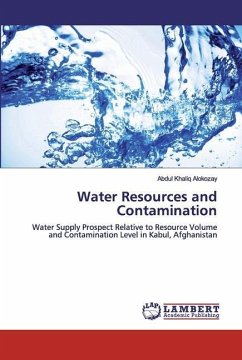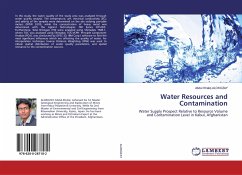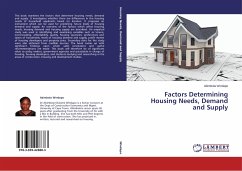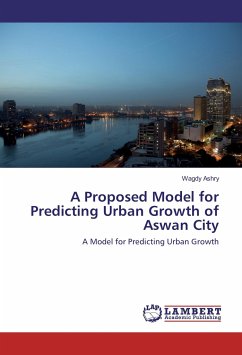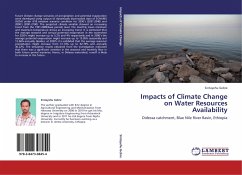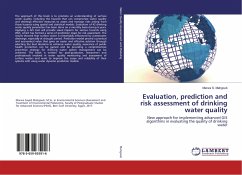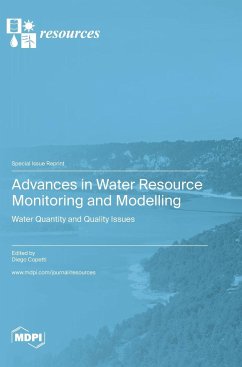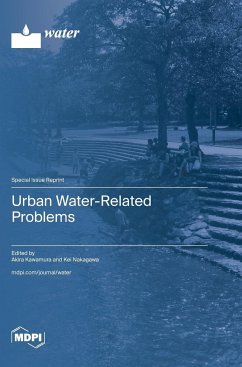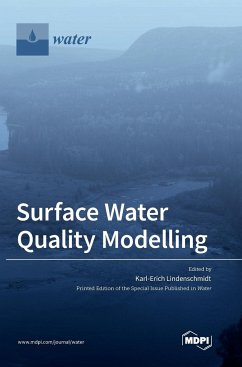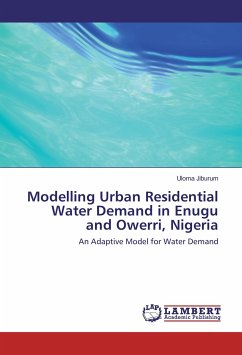
Modelling Urban Residential Water Demand in Enugu and Owerri, Nigeria
An Adaptive Model for Water Demand
Versandkostenfrei!
Versandfertig in 6-10 Tagen
37,99 €
inkl. MwSt.

PAYBACK Punkte
19 °P sammeln!
The absence of the actual quantity of water demand in an urban area has made water provision guess work. Inaccurate prediction of water demand have led to inadequate supply, which results in water scarcity. The need to forecast water demand cannot be overemphasized. The three most important techniques are: baseline forecasting, predicting impacts of policy intervention and balancing use and supply. Most studies carried out on water demand had been done in developed countries. However, no proper empirical study has been carried out using the socio-economic conditions in a developing country suc...
The absence of the actual quantity of water demand in an urban area has made water provision guess work. Inaccurate prediction of water demand have led to inadequate supply, which results in water scarcity. The need to forecast water demand cannot be overemphasized. The three most important techniques are: baseline forecasting, predicting impacts of policy intervention and balancing use and supply. Most studies carried out on water demand had been done in developed countries. However, no proper empirical study has been carried out using the socio-economic conditions in a developing country such as Nigeria where there is economic recession, high poverty and illiteracy levels. Existing studies on demand were carried out using only consumption of pipe-borne water using meters to determine water demand. Whereas this book focuses on the demand from all water sources. The book developed an adaptive model that can be used in determining residential pipe-borne water demand in urban areasin Nigeria. This will help in the sizing and staging of facilities for developing an expansion strategy. The knowledge of water demand will aid water providers in proper tariff regulation.



